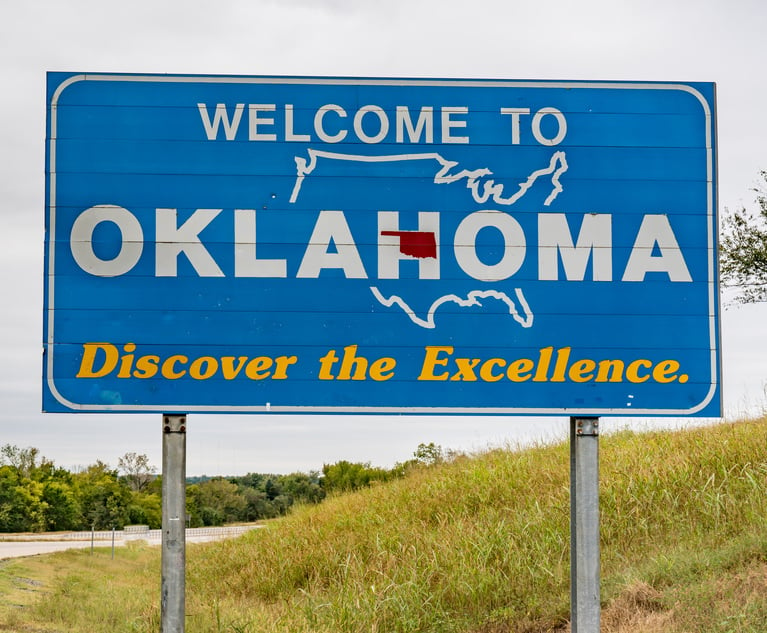The Republican leadership of the House Financial ServicesCommittee is proposing a substantive reduction in potentialgovernment liability for terrorism attacks in order to haveterrorism risk insurance "transition to the private sector" as soonas possible, a Republican lawmaker tells PC360.
|Rep. Randy Neugebauer, R-Texas, chairman of the FinancialServices panel's Housing and Insurance Subcommittee, says,"TRIA was meant to be a temporary program. We are transitioning theprogram in order to transfer risk where it belongs—to the privatesector; to the professionals in the insurance industry." Neugebauersays these professionals "are getting compensated for taking thatrisk; the taxpayers are not."
|Neugebauer and Rep. Jeb Hensarling, also R-Texas, unveiled todaylegislation that would increase TRIA's trigger over five years to$500 million from the current $100 million for conventionalterrorist attacks.
|Neugebauer says some changes are being made to the bill, butthat he and Hensarling hope to get it officially introduced in theHouse by Monday.
|Their bill is substantively different than legislation reportedto the Senate floor June 3.
|He says the new bill did not make changes to the overallstructure of terrorism risk legislation, but rather "just changedthe dollars a little bit" to ensure more industry and lessgovernment liability.
|Neugebauer says he will strive to get the bill through Congressbefore it leaves for its August recess, or in September at thelatest.
|In comments to PC360, Neugebauer says that means he wants thebill out of the House FSC and on the House floor by mid-July sothat negotiations with the Senate on conflicting versions can bestarted before the August recess.
|He says he does not want the bill "completed in a lame-ducksession, that is, no Christmas session."
|Neugebauer says the history of the legislation is such that, asthe federal role lessened from the original 2002 bill to the 2007extension, industry liability increased and premiums rose. Despitethat, he says, take-up rates have risen. At an April congressionalhearing on the issue, Duncan Ellis, Marsh, Inc. property practiceleader, said take-up rates have climbed to 62% of P&C propertypolicies in 2014.
|Neugebauer says his approach to terrorism-risk legislation isconsistent with what he and Hensarling want to do with the NationalFlood Insurance Program. "We are trying to respond to what theinsurance industry is already telling us, that there is capacity inthe private sector to take on more risk."
Want to continue reading?
Become a Free PropertyCasualty360 Digital Reader
Your access to unlimited PropertyCasualty360 content isn’t changing.
Once you are an ALM digital member, you’ll receive:
- All PropertyCasualty360.com news coverage, best practices, and in-depth analysis.
- Educational webcasts, resources from industry leaders, and informative newsletters.
- Other award-winning websites including BenefitsPRO.com and ThinkAdvisor.com.
Already have an account? Sign In
© 2024 ALM Global, LLC, All Rights Reserved. Request academic re-use from www.copyright.com. All other uses, submit a request to [email protected]. For more information visit Asset & Logo Licensing.








